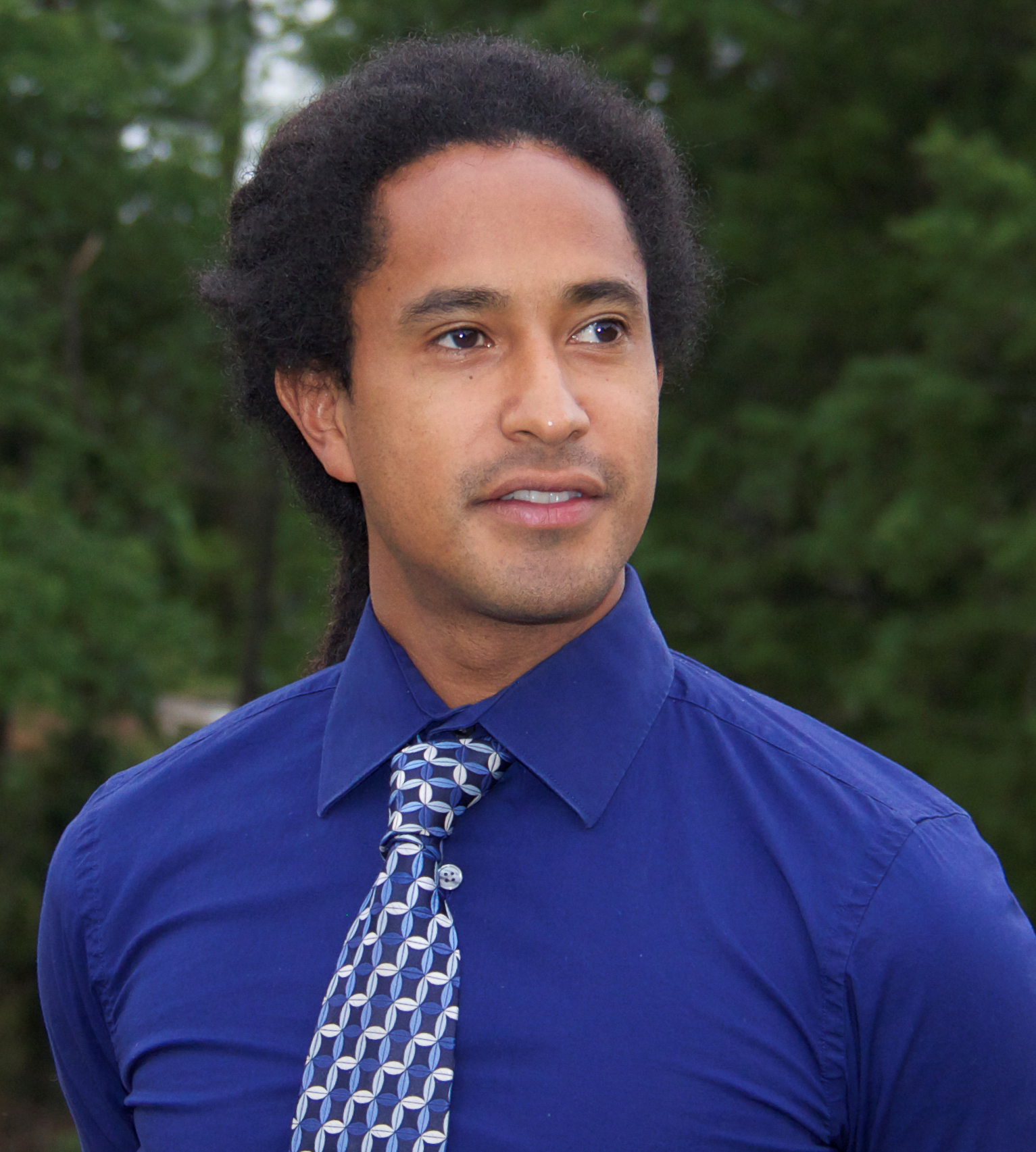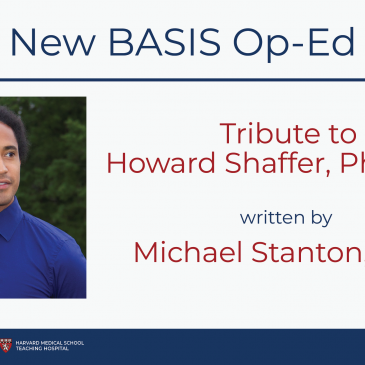Editor’s note: Dr. Michael Stanton is a licensed Clinical Health Psychologist and Associate Professor of Public Health at California State University, East Bay. His research examines how stress affects health, with a focus on weight management and cardiovascular disease. Clinically, he integrates Acceptance and Commitment Therapy (ACT) and Emotionally Focused Couples Therapy (EFT) to treat mental and physical health concerns. He regularly provides public health and psychology insights to media outlets including ABC, NBC, CBS, Fox News, NPR, and the San Francisco Chronicle. Dr. Stanton earned his Ph.D. in Clinical Psychology (Behavioral Medicine) from Duke University, completed a postdoctoral fellowship at Stanford University School of Medicine, and holds a B.A. from Brown University. This op-ed is part of our Special Series in Honor of Dr. Howard Shaffer.
 When I think about the trajectory of my career as a clinical psychologist, researcher, and educator, I can trace a straight line back to my years at the Division on Addiction at Harvard Medical School (now Cambridge Health Alliance, Division on Addiction). At the center of that formative experience was Dr. Howard Shaffer. Howard was not just my supervisor between 2003 and 2006; he was a mentor who opened my eyes to what it meant to live at the intersection of clinical practice, rigorous research, and technological innovation.
When I think about the trajectory of my career as a clinical psychologist, researcher, and educator, I can trace a straight line back to my years at the Division on Addiction at Harvard Medical School (now Cambridge Health Alliance, Division on Addiction). At the center of that formative experience was Dr. Howard Shaffer. Howard was not just my supervisor between 2003 and 2006; he was a mentor who opened my eyes to what it meant to live at the intersection of clinical practice, rigorous research, and technological innovation.
I joined the Division on Addiction when it was housed in the Landmark Center by Fenway in Boston, MA. It quickly became clear that this was no ordinary place to learn and grow. Howard’s leadership was visionary: he had a gift for fostering rigorous science, while also ensuring that it was informed by his deeply human clinical work. Seeing someone thrive both as a clinician and a researcher was eye-opening. It provided a model of professional identity that I hadn’t quite realized was possible until I watched Howard live it every day. I knew then that I had found my career path.
Howard taught me that addictions, whether substance-related or behavioral, demand both intellectual curiosity and compassion. I learned from him that treating gambling disorder and other behavioral addictions required not only evidence-based methods but also a willingness to see the person behind the diagnosis. That insight has remained central to my own work. I became so fascinated by the concept of behavioral addiction that I carried it with me into my doctoral training at Duke University, where I investigated the addictive properties of food. That research became the backbone of my PhD in clinical psychology and continues to inspire my scholarship today.
Howard was also a pioneer in incorporating technology into clinical research. Under Howard’s guidance, we explored new ways of using software and digital platforms to transform how research could be conducted and disseminated. Together, we conducted a study using innovative software to map themes in the words of scientific abstracts, helping to identify patterns in the gambling addiction literature. We published online one of the first evidence-based screening tools for addictive behaviors, making validated assessment tools accessible to a wide audience in real time. In an era before digital health became a buzzword, Howard was already charting the way forward.
During my time at the Division, I had the opportunity to co-author several publications with Howard, including work on the emerging syndrome model of addiction and innovative approaches to gambling epidemiology. These projects were training grounds where Howard modeled how to frame questions that matter, how to collaborate broadly, and how to push a field forward without losing sight of the people it serves. He encouraged intellectual boldness but grounded it in methodological rigor. His feedback was incisive but always constructive, aimed at helping his mentees grow into their own voices as scholars.
Howard also introduced me to a community of colleagues who became lasting mentors and collaborators. People like Sarah Nelson, PhD, Debi LaPlante, PhD, Richard LaBrie, PhD, and Gabriel Caro were not just names on publications, but generous teachers whose influence helped shape me into the clinician, scientist, and technologist I am today. Howard believed in building networks of mentorship, and he understood that developing young scholars required not just one strong relationship, but an ecosystem of support. I was fortunate to be welcomed into that ecosystem, and it is a gift that I hope to pass on to others.
Looking back, I realize how profoundly Howard’s mentorship shaped not just my professional choices, but also my sense of what it means to be a clinical psychologist. He showed me that research is not an ivory-tower pursuit but a tool for improving lives. He showed me that clinical work is not isolated from science but enriched by it. And he showed me that technology is not separate from psychology but a powerful partner in advancing the field.
Today, as I mentor my own students and supervise young clinicians, I often find myself channeling Howard’s example. I try to provide the kind of encouragement, intellectual challenge, and personal generosity that he so freely offered me. My hope is that in doing so, I am paying forward the immense debt of gratitude I owe him.
– Michael Stanton, PhD




